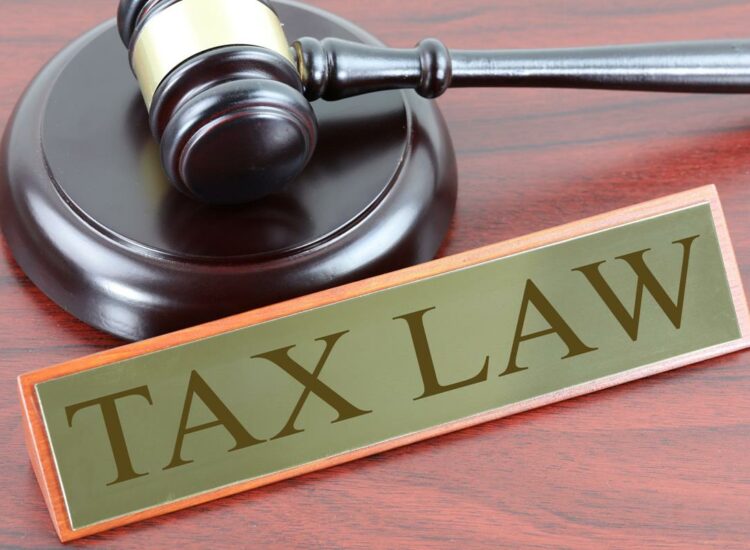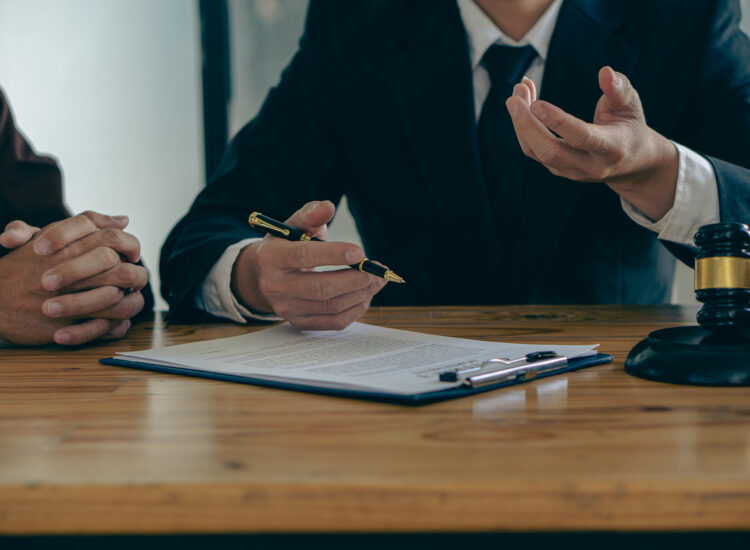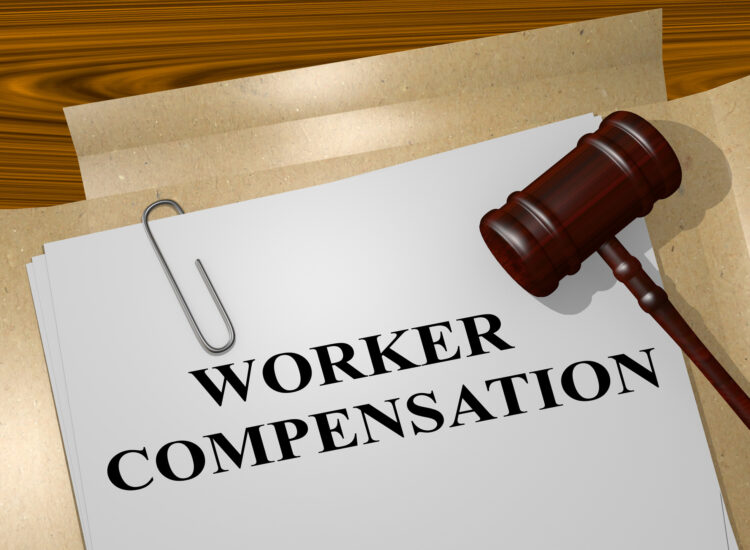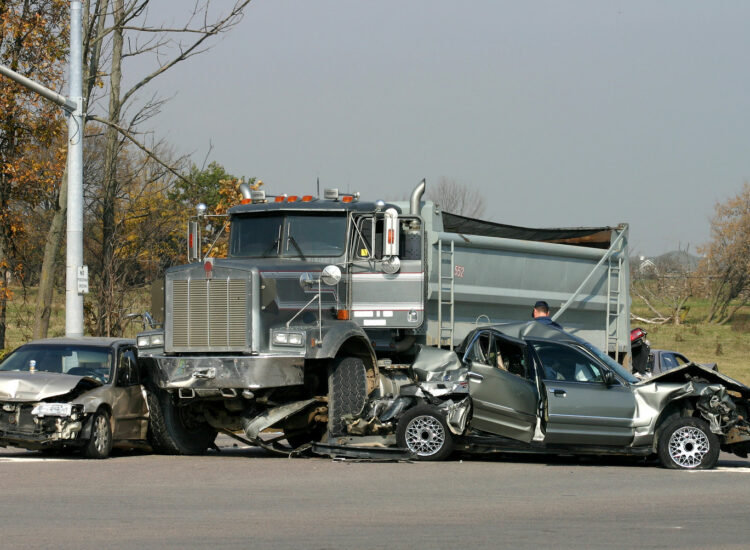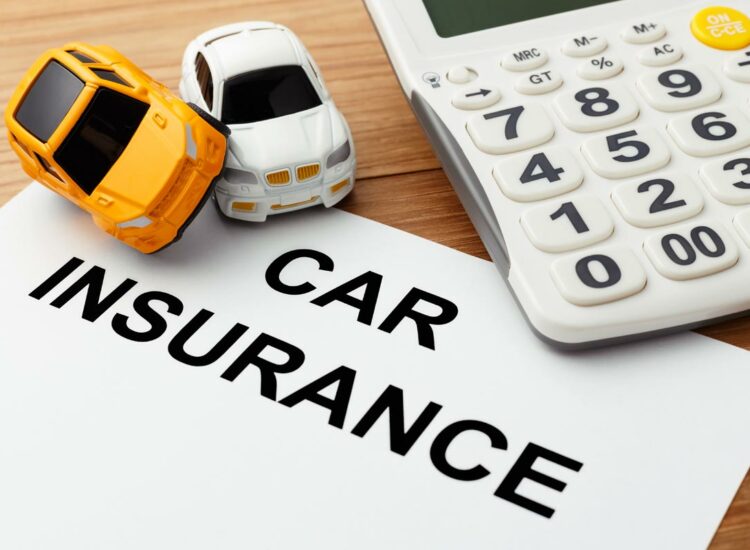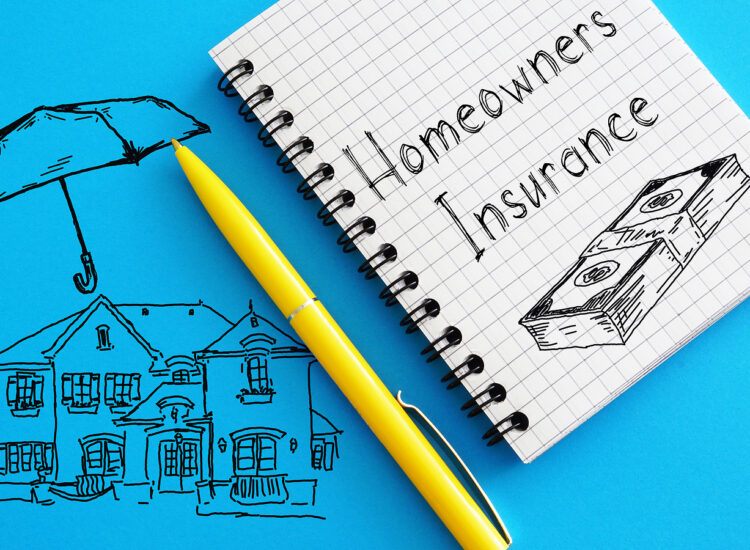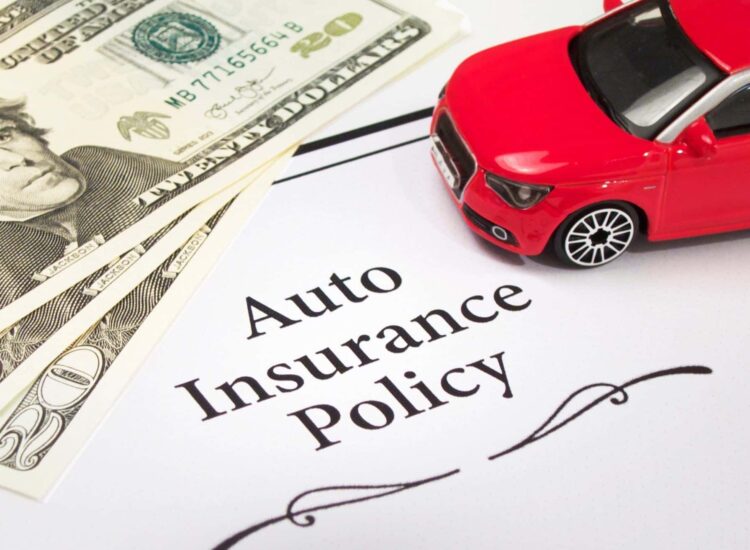Slip and fall accidents can happen unexpectedly, often resulting in severe injuries that can impact your life in significant ways. If you or a loved one has been involved in such an incident due to someone else’s negligence, it’s crucial to understand your rights and options for seeking legal recourse. Hiring a skilled slip and fall lawyer can make a significant difference in obtaining the compensation you deserve for medical expenses, lost wages, pain and suffering, and other damages.
Toc
This comprehensive guide will provide you with valuable insights into the world of slip and fall cases. You’ll learn about the common causes of these accidents, the types of injuries that can occur, and how to determine liability based on the concept of premises liability. We’ll also delve into the importance of seeking legal representation and what qualities to look for in a reputable slip and fall lawyer who can effectively navigate the complexities of your case.
Moreover, we’ll explore the legal process involved in pursuing a slip and fall claim, from gathering crucial evidence and building a strong case to negotiating a fair settlement or, if necessary, taking the matter to trial. With this in-depth knowledge, you’ll be better equipped to make informed decisions and protect your rights, ensuring you receive the justice and compensation you deserve.
Understanding Slip and Fall Accidents
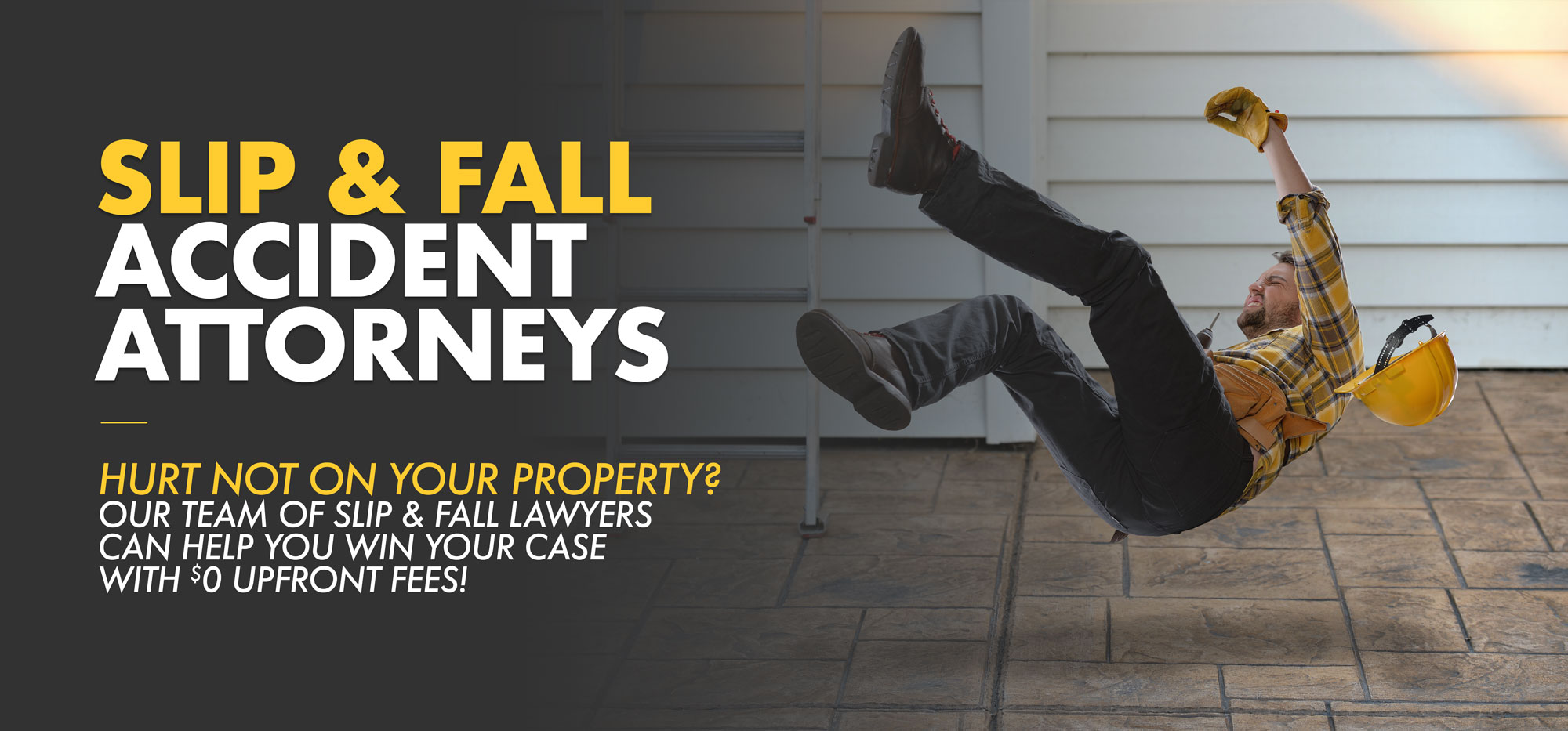
Slip and fall accidents can occur in any setting, from residential homes to commercial properties and public spaces. Understanding the common causes of these incidents is crucial in preventing them and seeking proper legal recourse when they do happen. This section delves into the various factors that contribute to slip and fall accidents, such as wet or slippery floors, uneven surfaces, poor lighting, cluttered walkways, and lack of proper handrails or guardrails. Additionally, it explores the types of injuries that can result from these accidents, ranging from head and brain injuries to spinal cord damage, broken bones, soft tissue injuries, and cuts and lacerations. By gaining a comprehensive understanding of slip and fall accidents, you’ll be better equipped to identify potential hazards, take preventative measures, and recognize the severity of the injuries sustained, which can assist in building a strong legal case.
Common Causes of Slip and Fall Accidents
Slip and fall accidents can occur in a variety of settings, including residential, commercial, and public properties. Some of the most common causes of these accidents include:
- Wet or slippery floors: Spills, leaks, or inadequate floor cleaning can lead to hazardous walking surfaces, increasing the risk of slips and falls.
- Uneven or damaged surfaces: Cracked or uneven sidewalks, potholes, loose carpeting, or torn flooring can create trip hazards and cause people to lose their balance.
- Poor lighting: Dimly lit areas or lack of proper illumination in stairwells, hallways, or parking lots can make it difficult to see potential hazards, leading to falls.
- Cluttered walkways: Obstructions such as boxes, cords, or debris in walkways can increase the likelihood of tripping and falling.
- Lack of proper handrails or guardrails: Inadequate or missing handrails on stairs or guardrails on elevated surfaces can contribute to falls, especially for the elderly or those with mobility issues.
Types of Injuries Resulting from Slip and Fall Accidents
Slip and fall accidents can result in a wide range of injuries, some of which can be severe and life-altering. Common injuries include:
- Head and brain injuries: Falls can cause traumatic brain injuries (TBIs), such as concussions, skull fractures, or even life-threatening conditions like hematomas or hemorrhages.
- Spinal cord injuries: Severe falls can lead to spinal cord damage, potentially causing paralysis or other long-term neurological issues.
- Broken bones: Falls often result in fractures, particularly in the wrists, arms, hips, or legs, which can require extensive medical treatment and rehabilitation.
- Soft tissue injuries: Sprains, strains, and torn ligaments or tendons are common in slip and fall accidents, affecting joints like the knees, ankles, or shoulders.
- Cuts and lacerations: Contact with sharp or abrasive surfaces during a fall can cause cuts, scrapes, or other open wounds, increasing the risk of infection.
When to Hire a Slip and Fall Lawyer
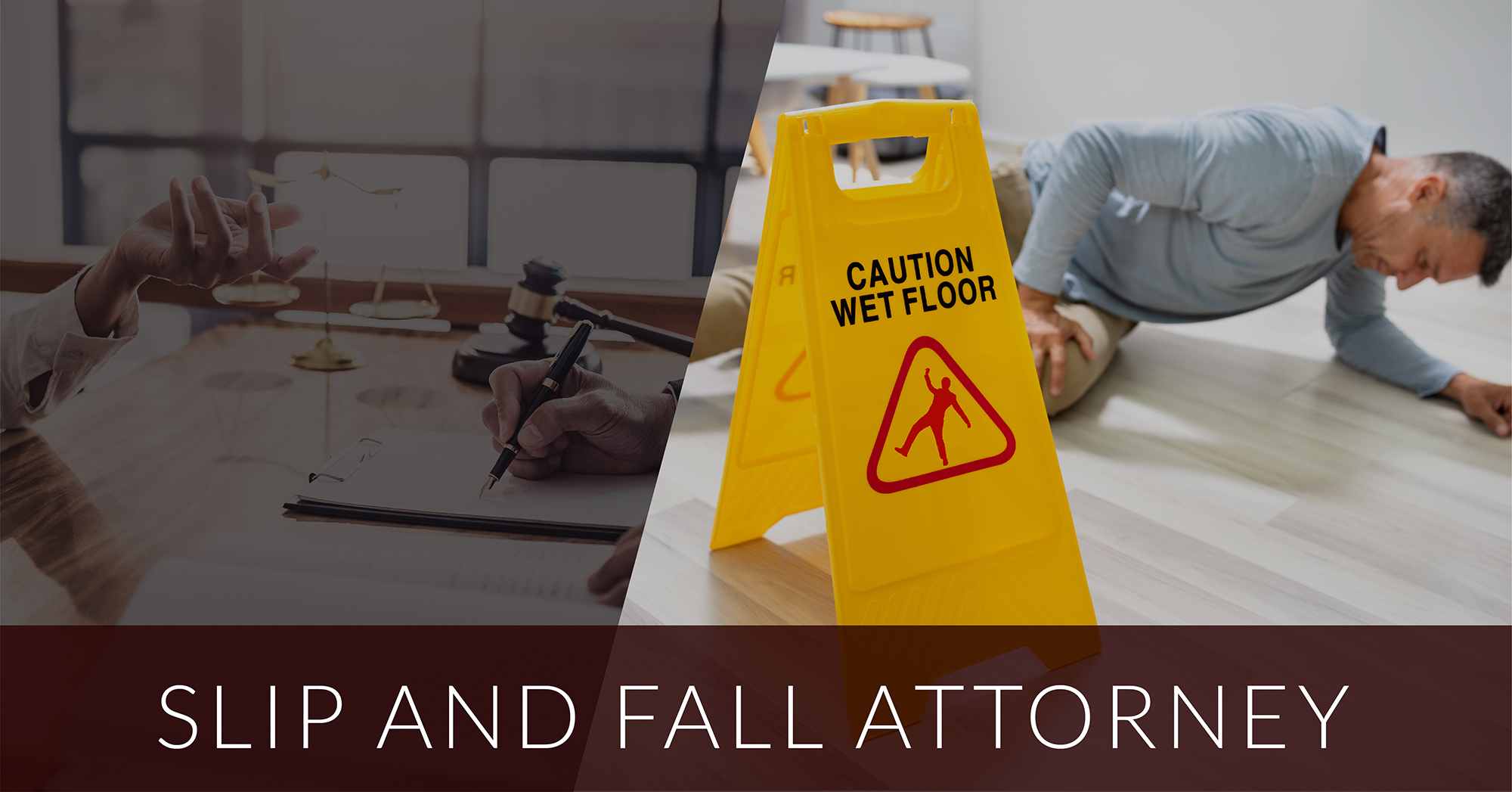
Determining when to seek legal representation after a slip and fall accident is crucial. This section examines the concept of premises liability and the factors involved in establishing liability, such as the control of the premises, notice of the hazard, and the reasonableness of the hazard itself. Understanding these elements is essential in building a strong case and holding the responsible parties accountable.
Moreover, this part highlights the importance of hiring an experienced slip and fall lawyer. These legal professionals possess the knowledge and expertise necessary to navigate the complexities of such cases, from gathering and preserving evidence to negotiating with insurance companies and representing clients in court. With their guidance, individuals can protect their rights, increase their chances of obtaining fair compensation, and ensure that the legal process is handled efficiently and effectively.
Determining Liability in Slip and Fall Cases
In slip and fall cases, liability is often determined by the concept of premises liability. Property owners and occupiers have a legal duty to maintain their premises in a reasonably safe condition and take reasonable steps to address potential hazards that could cause harm to visitors or guests.
To establish liability, several factors are considered:
- Control of the premises: The party responsible for maintaining and controlling the property where the accident occurred may be held liable.
- Notice of the hazard: If the property owner or occupier knew or should have known about the hazardous condition and failed to address it promptly, they may be considered negligent.
- Reasonableness of the hazard: The court will evaluate whether the hazard was an unreasonable risk given the circumstances and whether the property owner took appropriate measures to warn visitors or mitigate the danger.
The Importance of Seeking Legal Representation
Slip and fall cases can be complex, and proving liability often requires a thorough investigation and solid legal knowledge. Hiring an experienced slip and fall lawyer can be crucial for several reasons:
- Navigating the legal process: Slip and fall lawyers understand the applicable laws, procedures, and deadlines involved in filing a claim or lawsuit, ensuring your rights are protected throughout the process.
- Gathering and preserving evidence: Lawyers know how to collect and preserve crucial evidence, such as surveillance footage, witness statements, and accident reports, which can strengthen your case.
- Negotiating with insurance companies: Insurance companies often try to minimize payouts or deny claims altogether. A skilled lawyer can negotiate effectively on your behalf to secure fair compensation.
- Representing you in court: If settlement negotiations fail, your lawyer can represent you in court and present a compelling case to a judge or jury, advocating for your rights and seeking just compensation for your injuries and damages.
Choosing the Right Slip and Fall Lawyer

Selecting the right slip and fall lawyer can make a significant difference in the outcome of your case. This section provides valuable insights into the qualities to look for when choosing legal representation. From extensive experience in handling slip and fall cases to a strong track record of success, excellent communication skills, attention to detail, accessibility, and a stellar reputation, these attributes are crucial in ensuring your interests are protected and your case is handled with the utmost professionalism.
Additionally, this part offers guidance on the important questions to ask during the initial consultation. By addressing inquiries about the lawyer’s strategy, fee structure, case assessment, and approach to negotiations and trial, you can gain a comprehensive understanding of their expertise and whether they are the right fit for your specific situation. Making an informed decision when selecting a slip and fall lawyer can significantly increase your chances of obtaining a favorable outcome and the compensation you deserve.
Qualities to Look for in a Slip and Fall Lawyer
When selecting a slip and fall lawyer to represent your case, it’s crucial to choose someone with the right qualifications, experience, and qualities. Here are some important factors to consider:
- Experience in handling slip and fall cases: Look for a lawyer who has extensive experience specifically in slip and fall cases. This type of personal injury case often involves unique legal considerations and challenges that require specialized knowledge and expertise.
- Strong track record of success: Review the lawyer’s track record of securing favorable settlements or verdicts for their clients in slip and fall cases. This can be an indication of their legal skills and negotiation abilities.
- Excellent communication skills: Your lawyer should be able to explain complex legal concepts in a clear and understandable manner, keeping you informed throughout the process and addressing any concerns or questions you may have.
- Attention to detail: Slip and fall cases often hinge on intricate details, such as the condition of the premises, maintenance records, and witness accounts. Your lawyer should have a keen eye for detail and be thorough in their investigation and preparation.
- Accessibility and responsiveness: Choose a lawyer who is accessible and responsive to your needs. They should promptly return your calls or emails and be available to address any issues or updates regarding your case.
- Reputation and client reviews: Research the lawyer’s reputation within the legal community and read client reviews or testimonials to gain insight into their professionalism, ethics, and client satisfaction.
Questions to Ask During the Initial Consultation
During your initial consultation with a potential slip and fall lawyer, it’s essential to ask relevant questions to help you make an informed decision. Here are some important questions to consider:
- What is your experience with slip and fall cases similar to mine?
- What is your strategy for building a strong case and maximizing compensation?
- How do you typically handle negotiations with insurance companies?
- What is your fee structure, and what additional costs or expenses should I expect?
- How often will you provide me with updates on the progress of my case?
- Will you be the primary attorney handling my case, or will it be delegated to others in the firm?
- What is your assessment of the strengths and weaknesses of my case?
- What is the typical timeline for resolving a case like mine?
- How do you approach the possibility of going to trial if a settlement cannot be reached?
- Can you provide references or testimonials from past clients with similar cases?
The Legal Process for Slip and Fall Claims
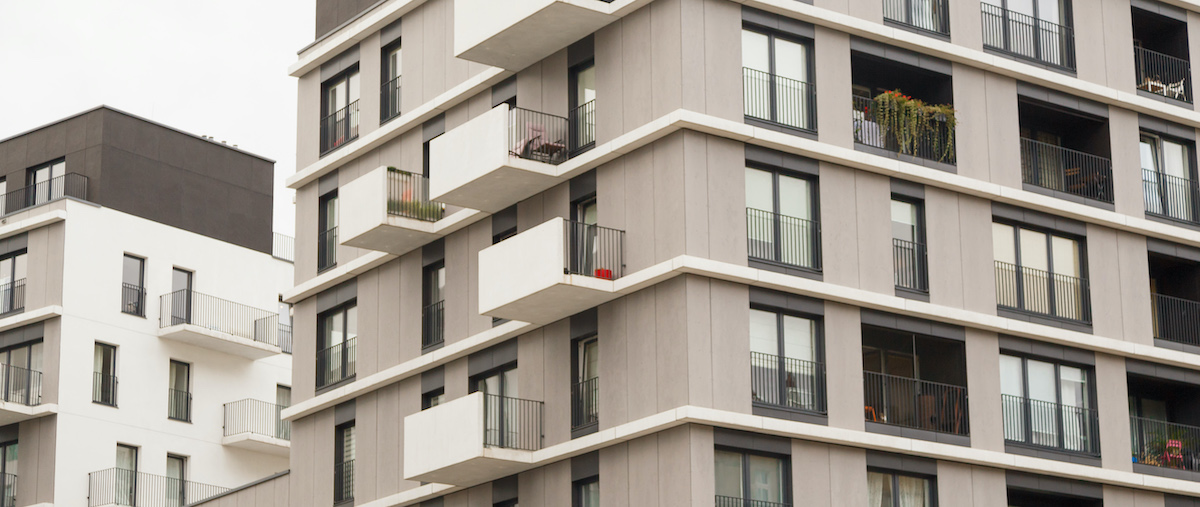
Gathering Evidence and Building a Strong Case
Building a strong case is essential in slip and fall claims to establish liability and maximize the chances of receiving fair compensation. Your slip and fall lawyer will work diligently to gather and preserve crucial evidence, including:
- Accident reports: Obtain copies of any incident reports filed by the property owner or manager, as well as any police reports if law enforcement was called to the scene.
- Witness statements: Identify and interview any witnesses who saw the accident occur or were present at the time. Their statements can corroborate your account of the events.
- Photographic and video evidence: Take photographs or videos of the accident scene, capturing the hazardous condition that led to your fall, as well as any visible injuries you sustained.
- Medical records: Compile all medical records, including reports from emergency room visits, hospital stays, treatments, and ongoing care related to your slip and fall injuries.
- Expert testimony: Depending on the complexity of your case, your lawyer may consult with experts such as accident reconstructionists, safety inspectors, or medical professionals to provide testimony that supports your claim.
- Property maintenance records: Request copies of maintenance logs, inspection reports, and any documentation related to the upkeep of the property where the accident occurred.
Negotiating a Settlement or Taking the Case to Trial
Once your slip and fall lawyer has gathered the necessary evidence and built a strong case, they will typically attempt to negotiate a settlement with the property owner’s insurance company or legal representatives. This process involves:
- Demand letter: Your lawyer will draft a demand letter outlining the details of your case, the extent of your injuries and damages, and the amount of compensation you are seeking.
- Negotiation: Your lawyer will engage in negotiations with the other party’s representatives, presenting evidence and arguments to support your claim and seek a fair settlement offer.
- Mediation or alternative dispute resolution: If negotiations stall, your lawyer may recommend exploring mediation or other alternative dispute resolution methods to facilitate a settlement agreement.
If a reasonable settlement cannot be reached through negotiations, your slip and fall lawyer may recommend taking the case to trial. This involves:
- Filing a lawsuit: Your lawyer will file a formal complaint with the appropriate court, initiating the legal proceedings.
- Discovery process: Both parties will exchange relevant information, documents, and evidence through the discovery process.
- Pre-trial motions and hearings: Your lawyer will participate in pre-trial motions and hearings to address legal issues and prepare for the trial.
- Trial: If the case proceeds to trial, your lawyer will present your case to a judge or jury, cross-examine witnesses, and argue on your behalf to secure a favorable verdict and appropriate compensation.
Throughout the legal process, your slip and fall lawyer will be your advocate, guiding you through each step and working tirelessly to protect your rights and secure the best possible outcome for your case.

